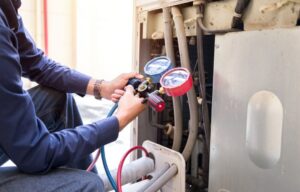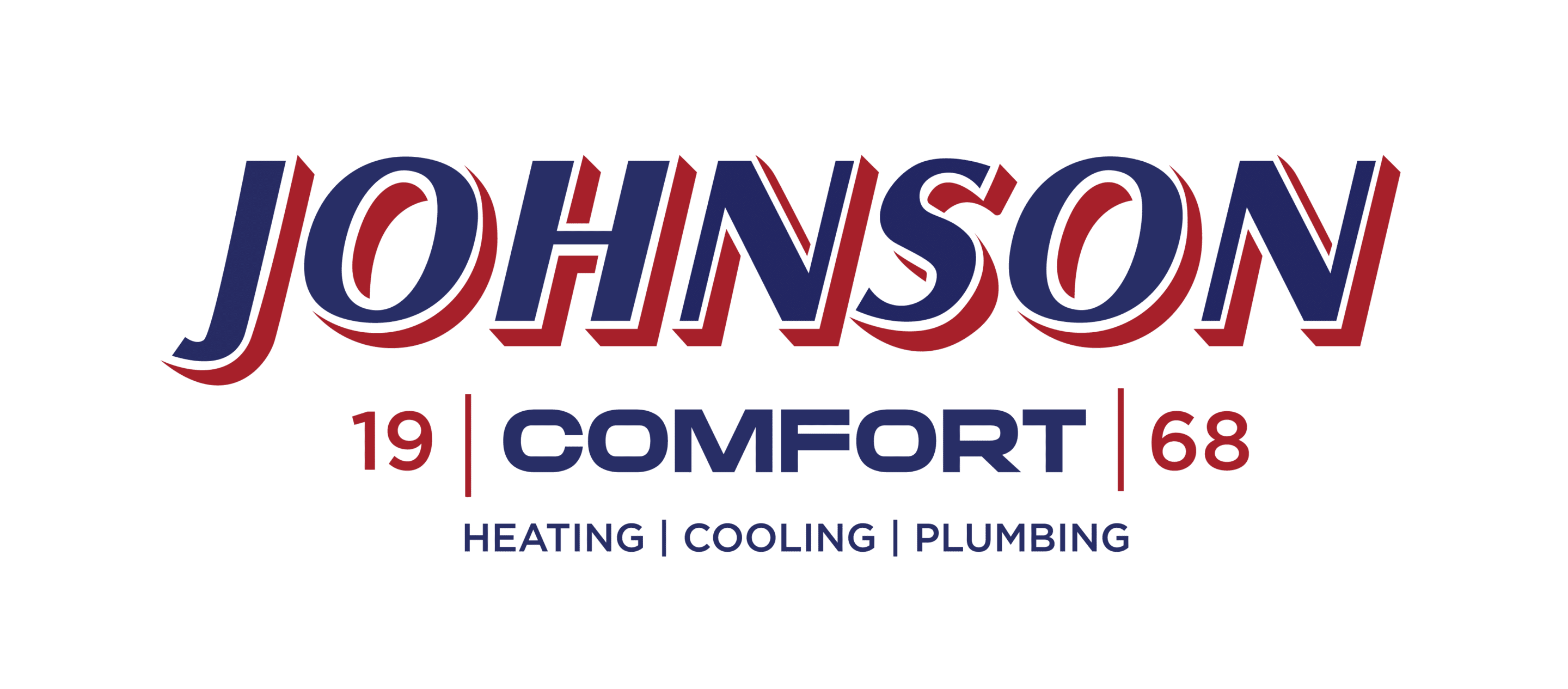
Call it preventative maintenance or just common sense, but there are some basic steps you can take to make sure your HVAC system runs well all year long. By following these simple steps, you can avoid costly repairs and keep your home or business comfortable. So without further ado, here are seven HVAC maintenance tips you should keep in mind!
- Change Filters Regularly
Using your HVAC system with a clogged or dirty filter can quickly and severely damage it. Dirty filters restrict airflow and increase strain on the unit, which leads to increased energy used and repair bills down the line. Depending on how often the air conditioner or heater runs, filters should be changed every month or two. Then, check your filters every month for any clogs or dirt.
- Clean Blower and Condenser Coils
Cleaning your heating, ventilation, and air conditioning systems can help you save money on energy bills. It also makes for better indoor environments, which is important for those with respiratory problems! To clean coils, use a vacuum extension wand along with the appropriate size brush head, then gently dust off any dirt that has collected onto these surfaces using a brush.
- Clean the Vents
Vacuum your vents to avoid the buildup of dust and dirt and keep them clean and free of obstructions. Keep pieces of furniture away from them, so nothing is caught up in their flow. Make sure you periodically check on their condition; a weak airflow could indicate an issue that needs attention sooner than later..
- Inspect for any Leaks or Damage
Examine the exterior of your home to make sure there are no visible signs of damage or leakage. At least once a year, make sure to inspect if your evaporator or condenser coils aren’t dirty, coils are not frozen, there are no water leaks or damage to fins. If you notice anything that needs addressing, you should contact an HVAC professional immediately.
- Always Be on the Lookout
It would help if you always looked for any signs of trouble with your HVAC system. Any rattling, thumping, or buzzing sounds are all common indications that there’s an issue somewhere in it. Spotty heating or cooling, thermostat problems, or weak airflow are common issues that need fast troubleshooting. Meanwhile, you should also pay attention to any performance issues. The faster you address the case, the less it will cost to fix and the less damage it can do to your unit.
- Have a Ductwork Inspection, Cleaning, and Sealing
Ducts are designed to move air, but they can accumulate a thick layer of dirt and grime over time, which could impair airflow and then overwork and weaken your HVAC system. This means it can harbor microbes, dust, and dust mites or develop leaks where ambient room conditions escape.
A duct inspection by qualified residential or commercial HVAC contractors means that they will visually inspect and evaluate your entire system for any damage or inadequate insulation. They will also look for any broken seams and any signs of any biological growth. In that case, duct cleaning and sealing are needed.
Duct sealing is the process of sealing any cracks, holes, or loose connections in a duct system. Duct cleaning improves your indoor air quality and assists in the free flow of conditioned air. With a duct inspection, cleaning, and sealing, your HVAC system will run efficiently while saving money on utility and energy bills.
- Invest in an HVAC Maintenance Plan
If you’re like most people, you probably don’t think about your HVAC system until it’s not working correctly. And by that time, it can already be expensive to repair. You can avoid this by investing in an HVAC maintenance plan. An HVAC maintenance plan includes regularly scheduled maintenance and tune-ups where a licensed technician will inspect your HVAC system from top to bottom at least once a year. This maintenance is done at least every year to help reduce the risk of breakdowns and malfunctions.
When you have an HVAC maintenance plan, not only are your repairs done quickly but also at a fraction of the cost! You’ll receive special discounts and coupons so that this investment becomes more affordable for you!
If you want to avoid costly HVAC repairs, you must invest in an HVAC maintenance plan. When your technician comes out for the scheduled inspection and tune-up, he will identify any problems before becoming too expensive to repair. Remember: these inspections should be done at least once a year. If leaks or any damage are detected during one of these visits, we can also help with emergency service, so there is no need to panic when something doesn’t seem right! Contact us today at 317-268-2678 if you want more information about our HVAC services – we’re happy to answer any of your queries and provide affordable quotes!
Frequently Asked Questions:
What are the five types of maintenance?
The five types of maintenance are:
-
- Corrective Maintenance
It is done right after a defect is detected.
-
- Predetermined Maintenance
It is done according to the programs designed by manufacturers.
-
- Condition-Based Maintenance
This includes regular check-ups of the system to prevent any future failures.
-
- Preventative Maintenance
It is done before any failure or breakdown occurs.
-
- Towards Predictive Maintenance
It involves doing a performance analytics tool to gather data.
How often does HVAC need to be serviced?
HVAC services are important to keep your system running at optimum performance. Most HVAC manufacturers recommend doing an HVAC service once a year. But keep the servicing of heating and air conditioning at two separate times; heater in the fall and A/C in the spring.
How does the HVAC system work?
The HVAC system essentially captures or creates heat, then uses a blower and ductwork to move it around a house or building.



